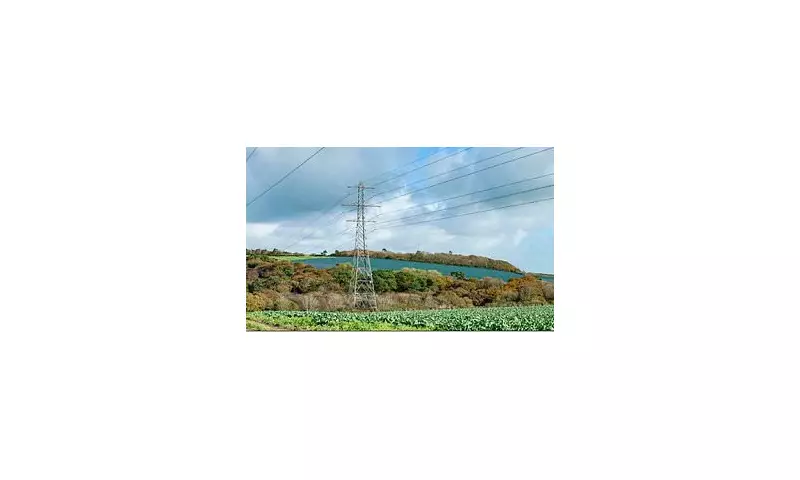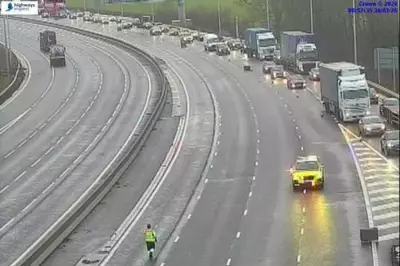
A colossal solar farm spanning nearly 2,000 acres has been given the green light by government ministers, sparking fury among local residents who feel their voices have been completely ignored in the pursuit of Net Zero targets.
Rural Community Overruled
The controversial development, set to transform vast swathes of countryside, was approved despite overwhelming local opposition and concerns about the irreversible impact on the landscape. Local councils had previously rejected the plans, but their decisions were overturned by Westminster in a move that has left communities feeling powerless.
"It's a complete betrayal," said one frustrated resident. "We're not against renewable energy, but this industrial-scale development will destroy the character of our countryside forever."
The Scale of Development
The approved solar farm represents one of the largest such developments in the UK, covering an area equivalent to hundreds of football pitches. The project includes:
- Massive solar panel arrays covering agricultural land
- Significant infrastructure including access roads and substations
- Potential impact on local wildlife and ecosystems
- Transformation of rural landscape into industrial energy production
Net Zero Versus Local Democracy
The decision highlights the growing tension between national climate commitments and local democracy. While the government pushes forward with ambitious renewable energy targets, communities across the country are increasingly concerned about bearing the brunt of these large-scale developments.
"This isn't just about one solar farm," explained a local campaigner. "It's about whether local people have any say in what happens to their environment. The government talks about levelling up, but then rides roughshod over local opinion."
What Happens Next?
Residents and local representatives are considering their options, with some exploring legal challenges to the decision. The controversy has also prompted wider questions about how Britain should balance its climate commitments with protecting rural communities and landscapes.
As one councillor put it: "There has to be a better way to achieve Net Zero than destroying the very countryside we're supposed to be protecting."





